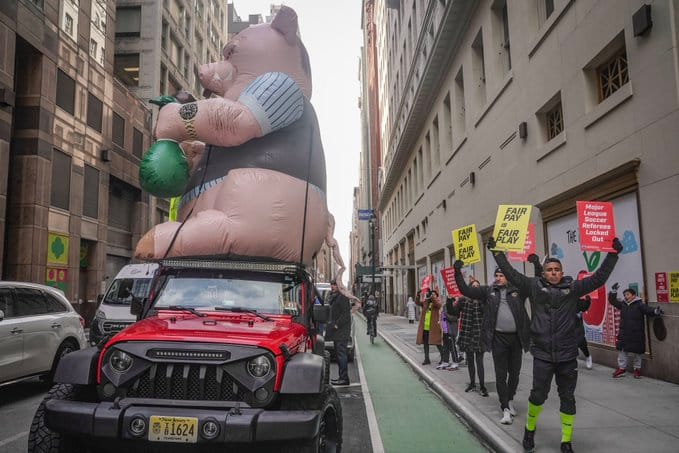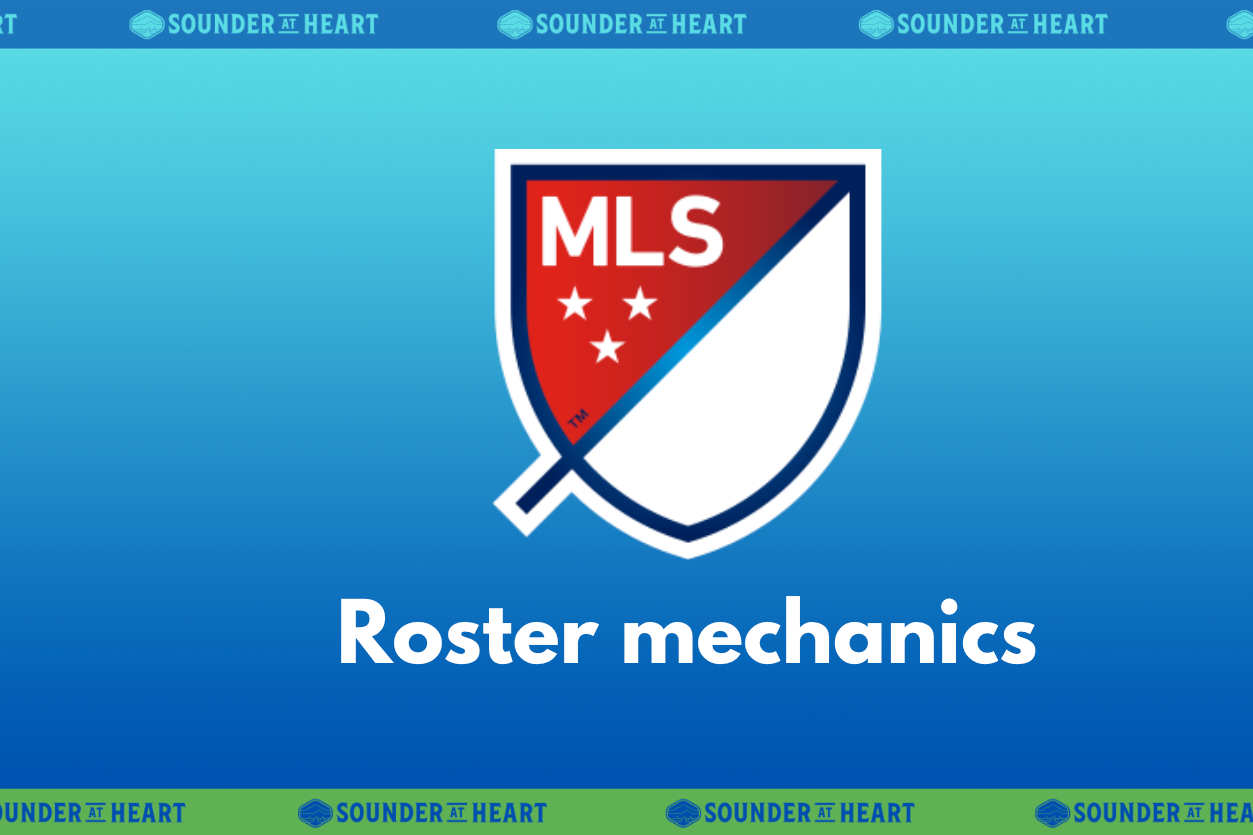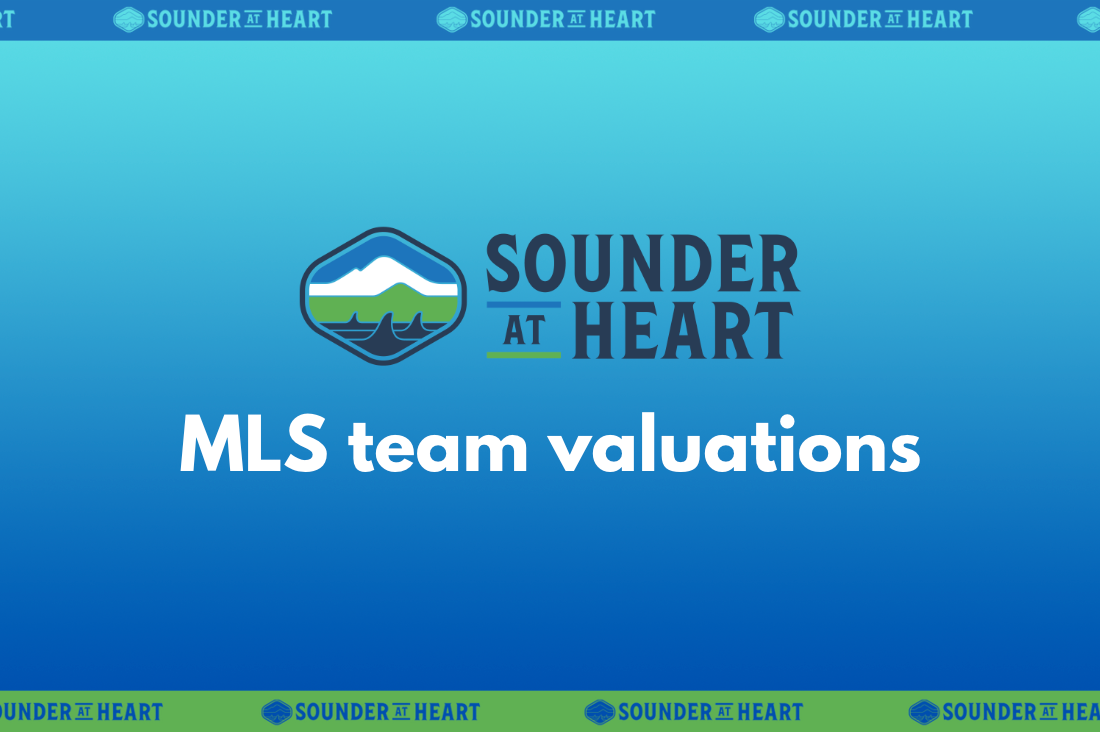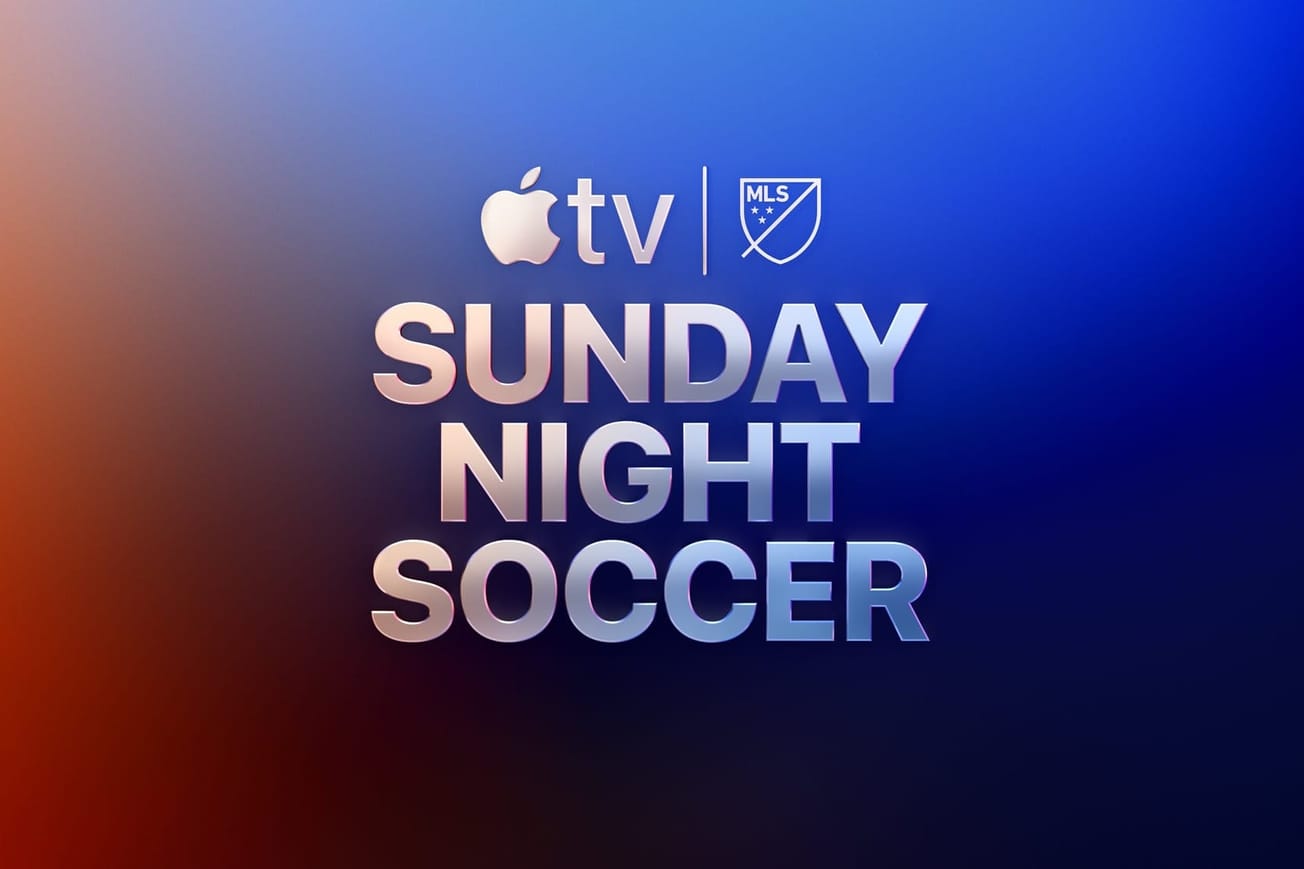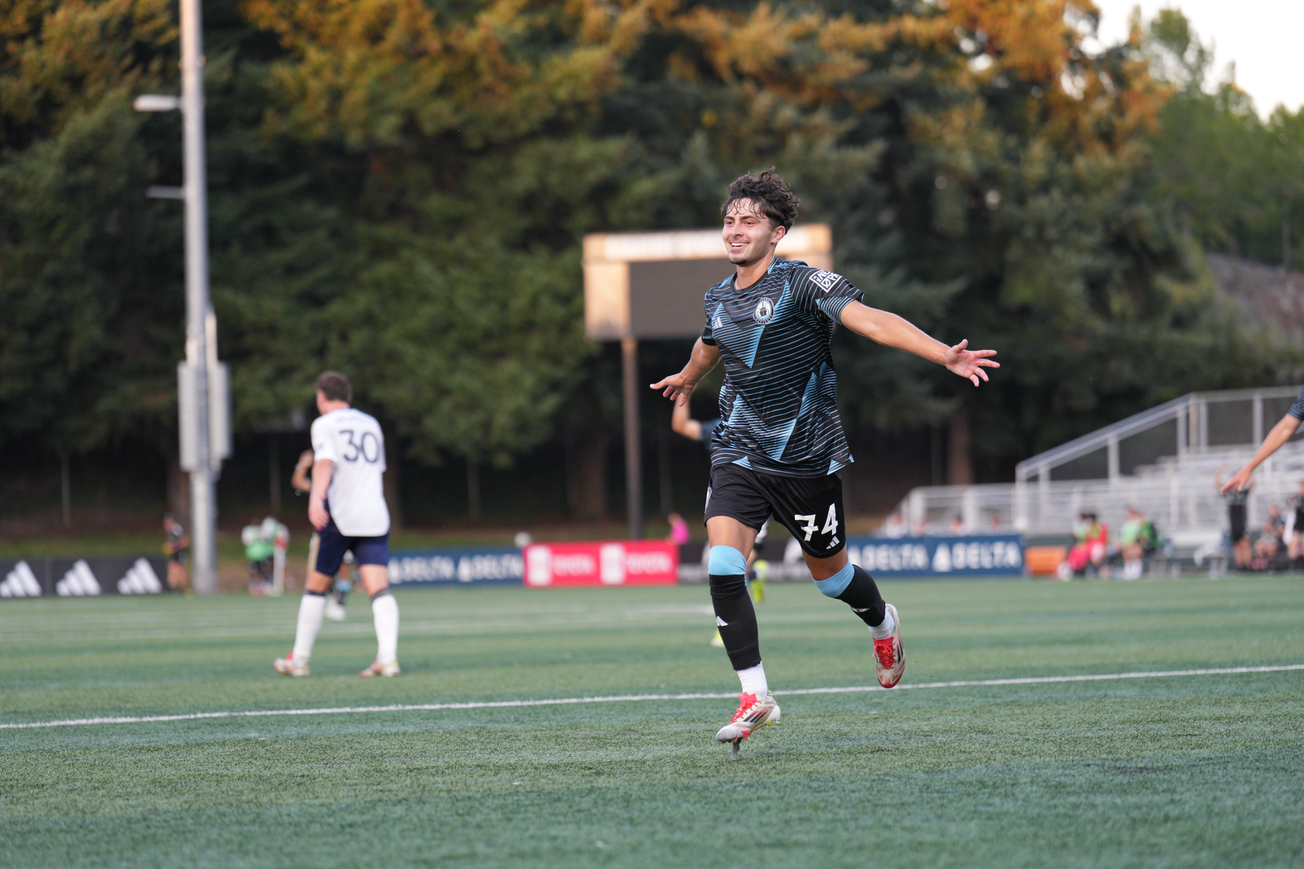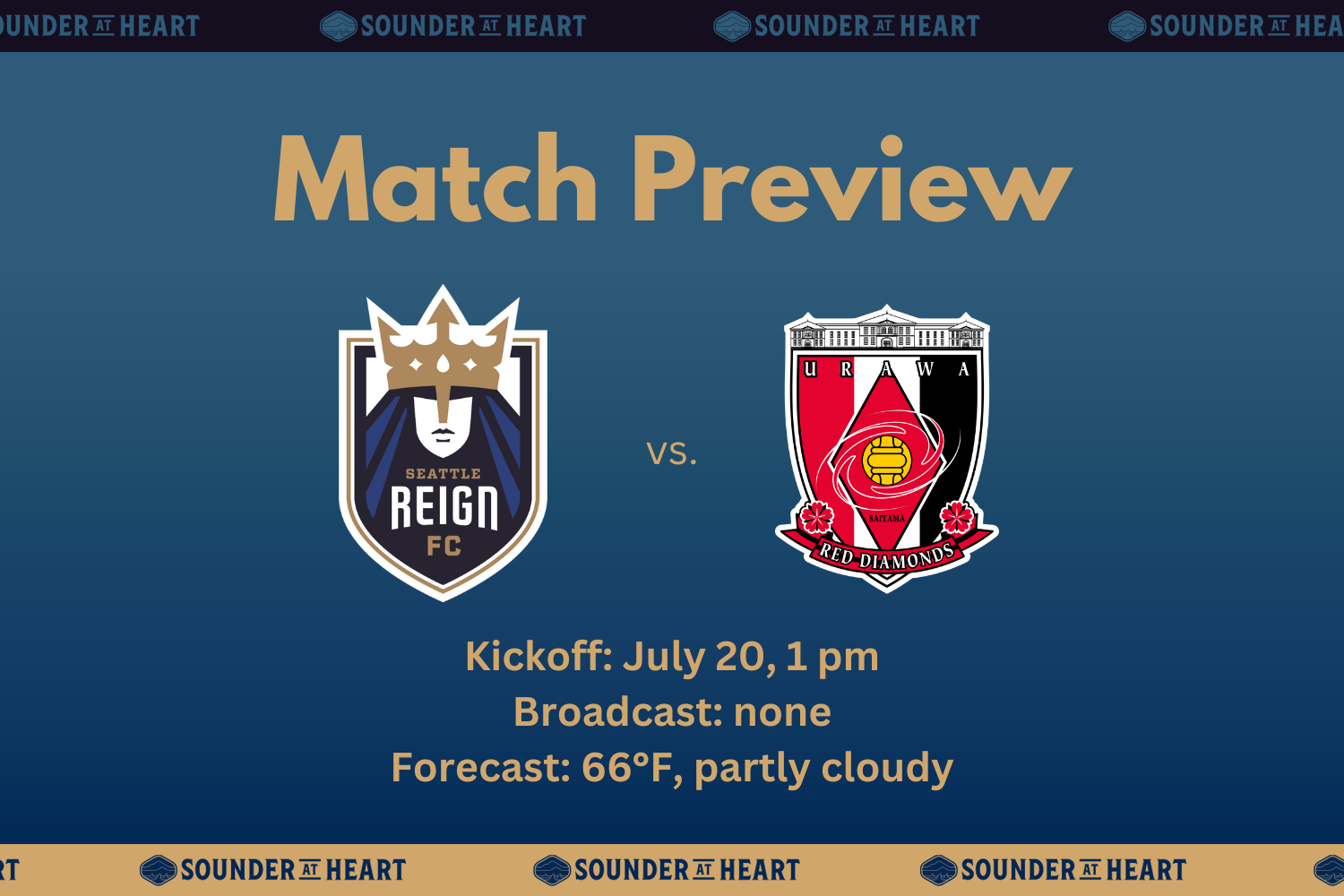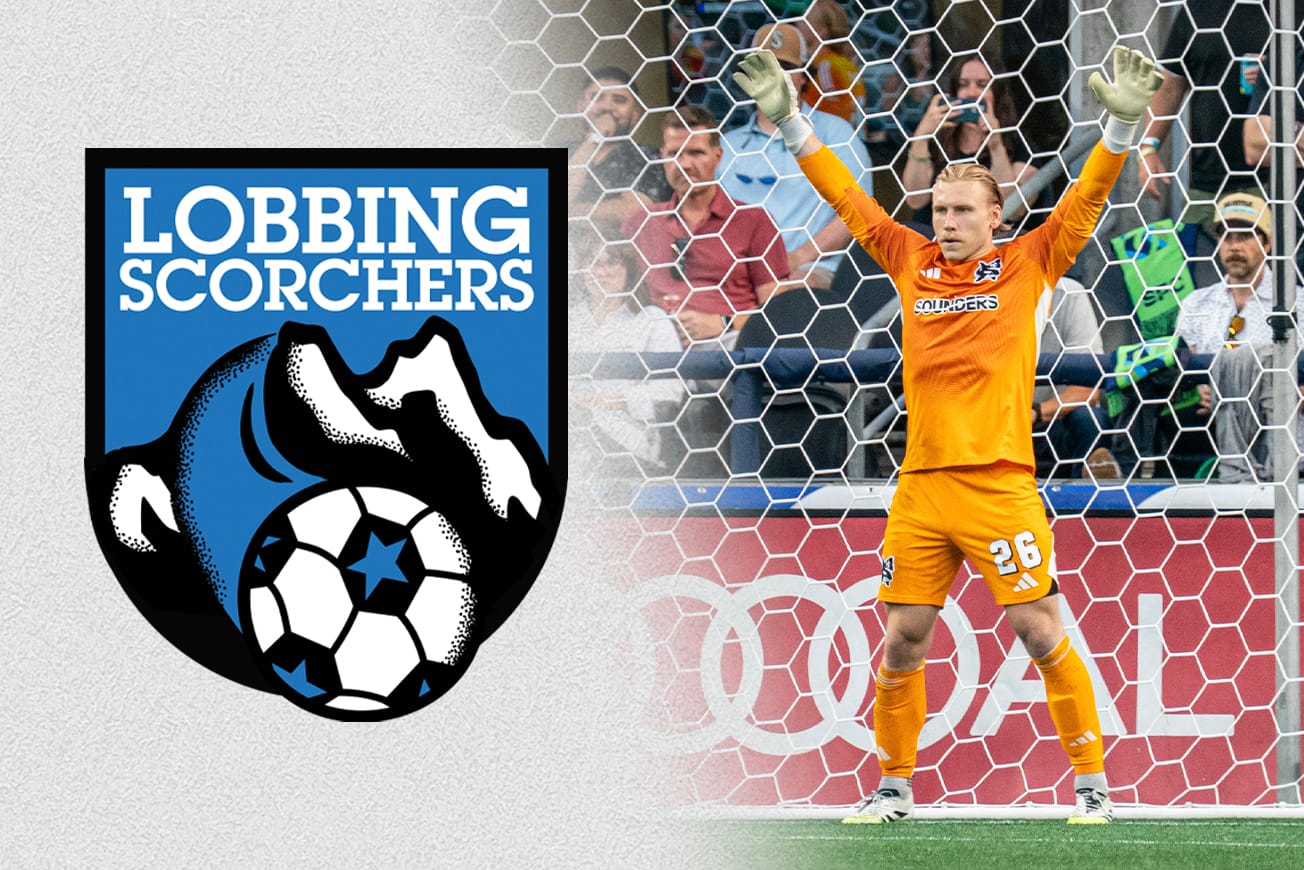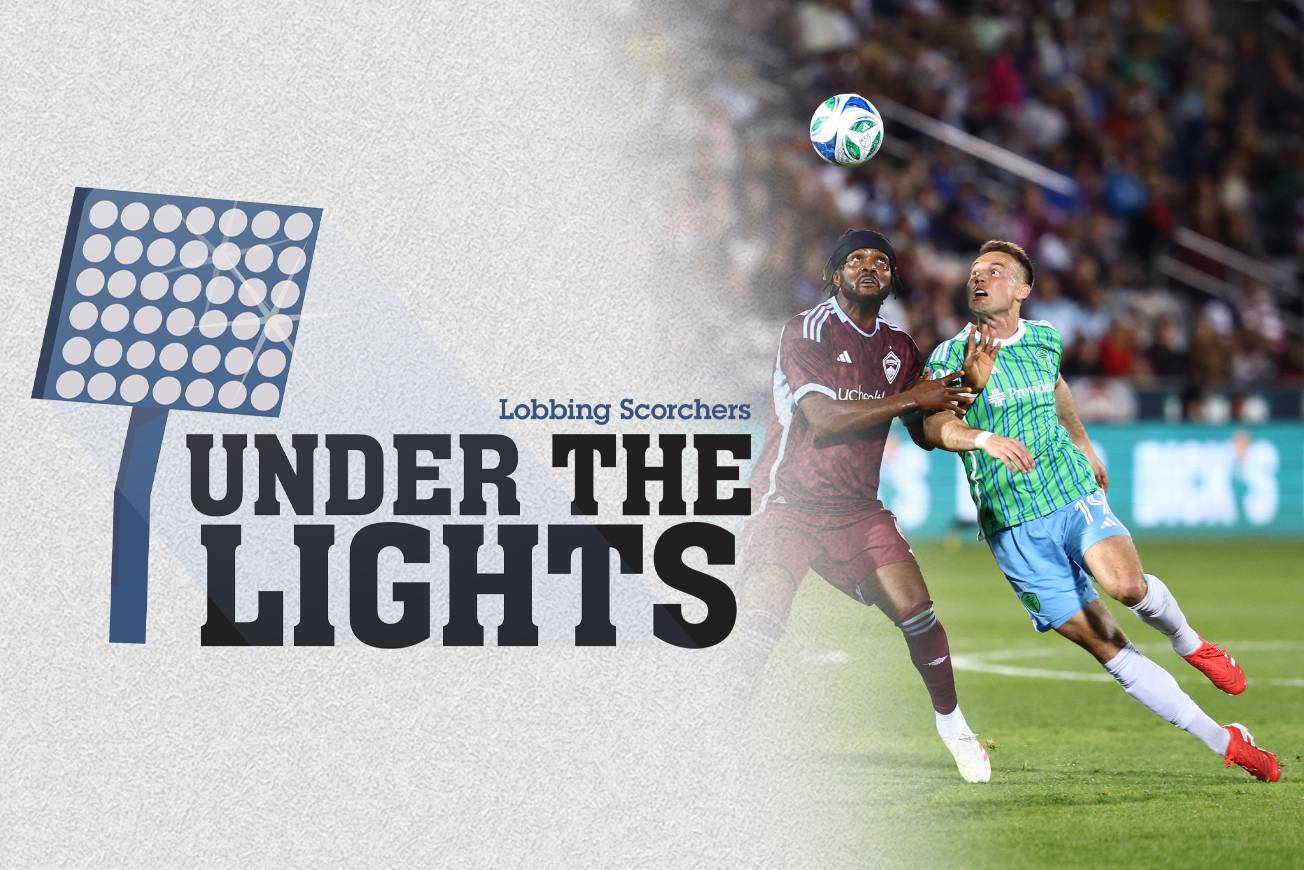The MLS regular-season officially kicked off on Wednesday with Inter Miami beating Real Salt Lake 2-0. It was a mostly straightforward game: Leo Messi set up two goals, Miami's defense looked suspect at times and RSL made a couple mistakes they could not recover from.
But it wasn't quite a normal match. Patrolling the pitch was a Cristian Campo, a referee without any previous MLS experience and with fewer than 30 USL Championship and U.S. Open Cup games under his belt. Last year's First Kick was called by Armando Villarreal, a referee who had called more than 200 MLS games in addition to nearly 100 international matches.
The reason was pretty simple: A few days before the start of the season, PRO decided to lock out officials after the union rejected a contract offer by voting 95.8% against. That didn't just exclude the 30 or so center refs that fall under the PSRA contract, but several dozen more who have no-picket-line crossing language in their contracts with the NWSL and the USL Championship.
Digging in a bit more, one assistant referee on Wednesday was Fevzi Demirhan. While he's worked some reasonably high level matches in Europe, it looks like his most recent games were in 2017. On the other sideline was Albert Escovar, who has more recent experience, but was only used seven times last year between USL Championship and Open Cup. The fourth official was Jonathan Weiner, who best I can tell also hadn't worked a game since 2017. The VAR official was Alan Kelly, actually a pretty accomplished referee, but one who stopped calling games in 2021 (coincidentally, he got his start in MLS during the previous referee work stoppage).
Those aren't exactly sparkling resumes, but my suspicion is they are probably glowing in comparison to many of the officials who will be making calls around MLS this weekend as the league surely wanted to put its best foot forward for this game.
As you might imagine, this is all causing quite a bit of consternation. Although team officials have been pretty tight-lipped, the players union expressed some serious concerns about "health and safety of players" and seemed to put the onus on the league to get the situation fixed:
Statement on Referee Lockout pic.twitter.com/e7oDpAdDId
— MLSPA (@MLSPA) February 20, 2024
MLS Commissioner Don Garber clearly wasn't happy either during pregame of the broadcast, telling Taylor Twellman: “They (PRO) reached agreement with the PSRA prior to the start of the season, and their membership didn’t support that agreement. I can’t remember in my near-40 years in sports, of having a bargaining unit reach agreement and then not have their members support it. Very disappointing. The process, in my opinion, was one that either was intentional or there’s a disconnect between the members and their elected negotiators. So I’m hopeful that they’ll be able to reach an agreement. We are prepared. It’s not the way MLS was hoping to start a season, but you can’t really negotiate with an entity that, in my opinion, hasn’t really negotiated with PRO fairly.”
This should give you a pretty good framework for at least understanding where we are now, but if you want to understand a bit more on how we got here or where this might be going, I'll do my best to give you an idea:
Can you explain what PRO and PSRA even are?
PRO is the Professional Referee Organization and was originally founded in 2012 as a joint venture between MLS and U.S. Soccer with the explicit goal of improving the quality of officiating. It now works with Canadian Soccer, the NWSL, USL and U.S. Open Cup and supplies virtually all of the referees for those matches.
The PSRA is the Professional Soccer Referee Association, the union that represents the 100 or so referees, assistant referees, fourth officials and VAR officials who work MLS games. They've been representing MLS officials since 2009, but it wasn't until 2014 that they got their first contract. As you may remember, MLS opened 2014 with replacement referees before that deal was finalized a couple of weeks into the season. They signed a second contract in 2019 that ran out last year.
In 2023, the PSRA also negotiated a contract to represent match officials in the USL Championship and NWSL. That's a separate contract from MLS and has three years remaining on it.
Can't MLS just call up referees from lower leagues?
PSRA made sure to include language in the USL-NWSL contract that barred MLS from doing exactly that, which is pretty standard stuff. Those are union referees, too, and it would be pretty bad to ask them to cross the picket line to literally undermine their future co-workers.
Does that mean PSRA is calling for a boycott?
No. I talked to PSRA's president and the lead negotiator for this contract Peter Manikowski and he was very clear in not asking for that, although he did say he was more than happy to have fans join them on the picket lines and to voice their concerns.
"We want to participate in the growth of MLS as well and the fans attending matches adds to the spectacle," he said. "We’re not asking anyone to stop doing business with MLS. But tell PRO and anyone who will listen how you feel."
Why did PSRA members reject PRO's offer?
I'm not going to try to litigate the particulars of the contract, but broadly speaking Manikowski told me that it came down to money and health and safety issues. As it is now, there are about 30 officials who are paid something like fulltime wages to work in MLS. But assistant referees – the people who are running the sidelines – are almost all supplementing their incomes with something else. A lot of them have fulltime jobs outside of refereeing.
Those referees are also asked to fly all around the country on relatively short notice, and while they have access to company health care the ARs and fourth officials have to pay 100% of premiums.
These are the main issues they are trying to address with this new contract and since more than 95% of the voting body rejected the offer, we can probably assume they weren't satisfied with the progress.
Did you say 95% rejected the contract offer? Does that ever happen?
It's pretty rare for the union to so thoroughly reject a "tentative" agreement like that, and it probably means one of two things:
- The bargaining committee is woefully out of touch with the unit
- PRO's last contract offer was considered "best and final" which left the bargaining committee with no real options other than presenting it.
The PSRA has said that it warned PRO that the deal would "fall short of membership expectations and face an uphill ratification process."
I heard MLS only locked out PSRA after a no-strike clause was rejected. Is that true?
It is, but some context is helpful. Essentially what MLS was doing was asking the union to remove its biggest bargaining chip – the threat of strike – in exchange for just allowing them to work under the terms they negotiated in 2019, while rolling back some job-security provisions and doing nothing to address workload or travel considerations. This is a tactic companies try all the time, but any respectable union will never agree to this kind of thing.
Have negotiations restarted?
Despite Garber's insistence that MLS is "prepared" to get the PSRA officials back on the field, my understanding is that PRO has not yet given any dates for restarting negotiations. To me, it looks like they'll white-knuckle it through at least the first week before deciding on their next course of action.
I just don't think the refs are that good. Who do they think they are?
I tend to think MLS referees are better than they get credit for and are almost certainly better in a relative sense to player quality than, say, Premier League refs are to their players, but let's not get wrapped up in that. The reality is that the replacements are far less qualified than the officials they're replacing. That's just the truth.
But if we want referees to improve, that's going to cost money. We need more fulltime officials and, just as importantly, more people to want to be fulltime officials. We need to make sure they can stay in good shape, get around the country easily and have access to tools that will make them better.
Manikowski told me they weren't asking to be the best paid officials in the world, but that they are hoping to see their standards rise alongside the rest of the league.
"What PRO was asking was for us to not believe our own eyes," he said. "You go into Austin, Portland, Seattle, Columbus and the excitement was there, the attendance like never before, TV contract, players like never before. They’re asking us to take wage increases that aren’t commensurate. The players saw an increase of 55% of median player wage since our last contract. We’re not looking for revenue share, but we are looking to keep up with growth of the league in terms of wages, travel and medical care."
How does this end?
That so many officials aren't doing this as a fulltime job actually strengthens their position, as they presumably aren't relying on this money to pay mortgages and such. PRO, meanwhile, is having to cobble together a roster of officials from all sorts of random places. It's certainly possible that the replacements will do well enough as to lower the heat on MLS, but I don't know how long that can be maintained. A compromise solution might be to lift the lock out for a temporary period as negotiations continue with a new deal hopefully no more than a month away.


